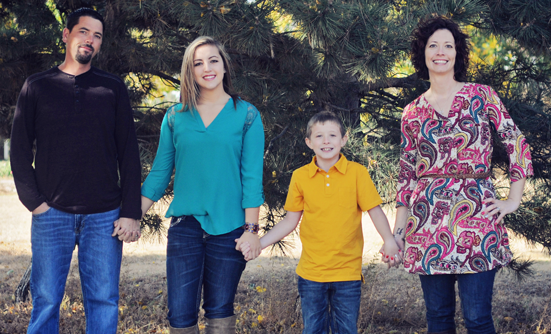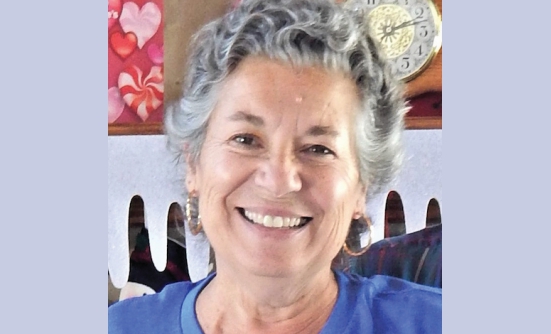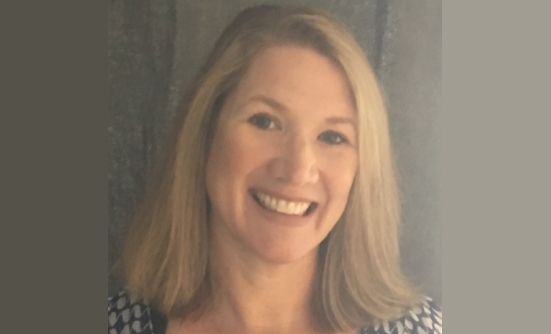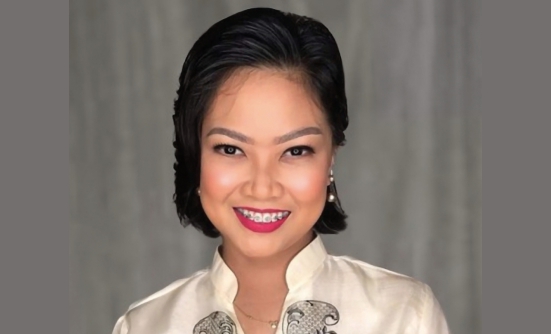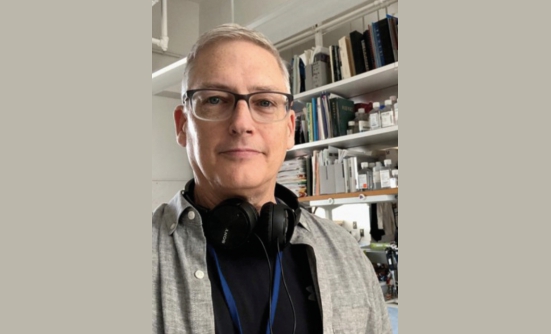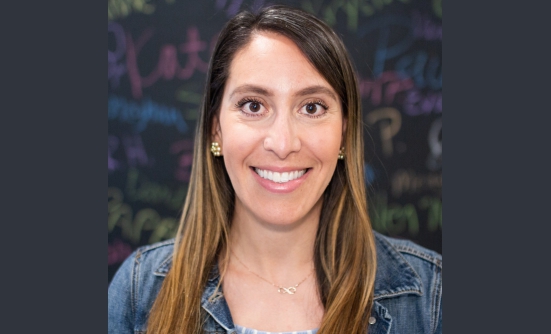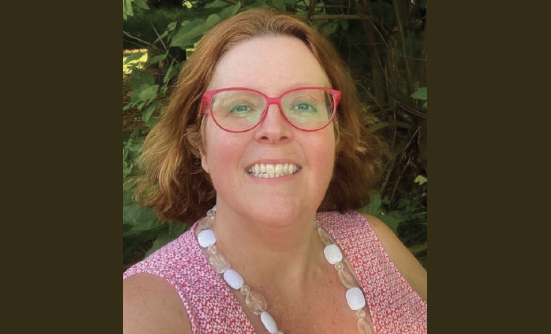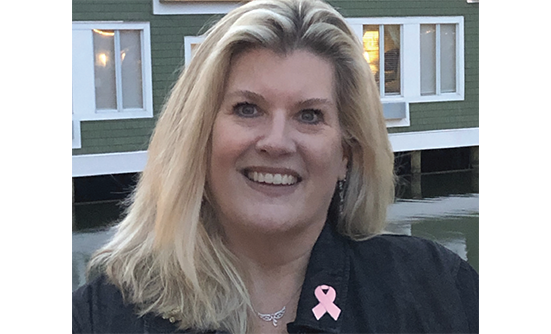My recipe for success is a combination of many factors: solid support systems, complementary and integrative therapies, the ability to accept my new normal, and remaining true to myself.
Many times throughout my breast cancer journey, from my diagnosis through today, I’ve been asked, “How do you do it?” or have been told, “I don’t know how you do it.” My answer has been the same: I had everything I needed. I won’t lie; coping with cancer wasn’t always rainbows and butterflies. If other patients had access to the same support I had, their journeys would be much more tolerable. My recipe for success is a combination of many factors: solid support systems, complementary and integrative therapies, the ability to accept my new normal, and remaining true to myself.
- Find Support Systems
I attribute a majority of my success to these 6 key factors: family, friends, community, work, school, and faith/ church. Some people may have 1 or 2 of these components, some patients may have 3 or 4, or, if they’re as fortunate as I am, they will have all 6. It’s heartbreaking when patients report they don’t have strong support from any of these. The significance of each component varies from one individual to the other. Perhaps you don’t have ties to the local school system, but you are very active in your church. Maybe your family doesn’t live close by, but you’ve established a close network of friends. Whatever support you have, don’t be afraid to be open and receptive to get help. There is a reason they want to help you.
- Use Cancer Medications and Supportive Therapies
When people have a headache, they don’t hesitate to take Tylenol. When they have an infection, they don’t hesitate to take an antibiotic. Talk to a room full of newly diagnosed patients with cancer who are anxious, sad, sleepless, and/or depressed, and they will all hesitate to take a prescription medication to help them through this difficult time. The reasons vary: “I don’t want to become addicted,” “My spouse disapproves,” “I’ll just deal with it on my own,” and “I hate taking medicine.” The list goes on and on.
I am not ashamed to say I used prescription medications to help me cope with my diagnosis. In fact, I’m sure it’s a huge part of the reason I made it through. These medications usually don’t have to be a lifelong commitment. Cancer treatments are hard enough; why not make it as tolerable as possible? If and when you feel like you’re in a better place, whether it’s 1 year after treatment or 5 years, you can discontinue them (under the direction of your healthcare provider).
Along with medications, there are other supportive therapies to help you cope, such as talking to a counselor, clergy, or other spiritual advisor. There is also a range of complementary or integrative medicine and wellness therapies available to supplement traditional medicine. Try one of them, or all of them, until you find what helps you.
- Be Receptive To Get Help
Women are often the primary caregivers in their families. In addition to their household responsibilities, they are often the nurturers in the family. The nurturing doesn’t stop with family; it extends to neighbors, friends, and coworkers. Need a casserole for the potluck or someone to pick up your children after school? Never fail, Superwoman is there! I find it ironic that when Superwoman is diagnosed with cancer, many people want to “pay it forward” and return the favor, but Superwoman is reluctant to take her cape off and accept help.
I have had many conversations with patients to encourage them to give themselves permission to be sick, to be taken care of, and to be on the receiving end. I rationalize it by reminding them that we go “nonstop,” giving of ourselves to others without a second thought, and we want them to be open and accepting of our help. Sadly, the only time we ever slow down and let others do for us is after a major life-changing diagnosis, such as cancer. If you are lucky enough to have a supportive community that wants to bring meals or help transport the kids back and forth to school, accept the offers graciously.
Finding people that have been through the same situation, or at least a similar situation, was very beneficial to me. Support groups can be found by asking your cancer center about local resources, by looking online, or by word of mouth. Technology allows us to expand our support network by offering chatrooms, blogs, Facebook pages, and other online resources.
I also discovered a whole new group of friends by other friends who knew someone who had been diagnosed with cancer, and from sitting in the same chemo room with people. Our paths crossed because of our cancer journeys, and now we travel the survivorship.
- Accept the New "Normal"
In 1999, our family suffered the loss of our 16-year-old brother in a car accident. For a long time, I kept waiting for our life to go back to “normal.” Needless to say, it was a daily struggle. Finally, a friend who had also suffered the loss of a young sibling gave me the best advice I have received: life will never be the same normal again. We will never go back to our life as it was the day before his accident, and waiting for that will only kill us all slowly. That didn’t mean that we had to quit grieving. In fact, it almost felt like we gave ourselves permission to grieve for him daily. But instead of it being a burden weighing me down, it became a companion that walked beside me.
So, quit waiting for that day, and learn to live with the new normal. Our lives will never be what they were on May 20, 2012, the day before my breast cancer diagnosis. Expecting things to be exactly how they were before is unrealistic. Instead, we’ve learned to embrace our new normal. And in my opinion, the new normal is far better than the old normal.
I’m not glad I had breast cancer, nor would I be overjoyed to re-live it. My breast cancer took many things from me, including my natural breasts, my hair for several months, and my false sense of security. But in return, it has brought new friends into my life, has provided me with an incredible job opportunity, and has deepened my appreciation for life.
- Live Every Day to the Fullest
This brings me to my next coping strategy: don’t lose yourself to your diagnosis. I was okay with losing my hair, because I knew it would grow back. I didn’t mind losing my breasts; they weren’t my greatest assets anyway. What I didn’t want to lose was my sense of humor, my compassion for others, and my passion for living life to the fullest. In fact, what better time to really live than when you’re facing a cancer diagnosis?
Some days, I really wanted to just lie in bed and wait for the misery to pass. Then, I would remember the 2 sets of eyes belonging to my then 14-year-old daughter and my 6-year-old son that were watching my every move. I didn’t want them to remember this time as “the time mom almost died.” I wanted them to remember me living, so living is what we did. During a trip to M.D. Anderson for a consult, we also visited Galveston, TX, played on the beach, and ate at Joe’s Crab Shack. If you ask my son to name a favorite memory, this is one of them.
We took the kids to the state fair, and I rode the big rides with my daughter. I attended as many of her sporting events as possible, which hadn’t always been possible, because of my work schedule. Many times, I had to sit in the corner with my yellow mask to keep away from germs, but my daughter knew I was there, and that’s all that mattered. I was the first to find the humor in everyday life. I believe my sense of humor broke the ice for people who weren’t sure what to say, or how to act. I still joke today that chemo killed what little filter I had.
- Remember Who You Are
I wish there was one steadfast coping mechanism that worked for every patient with cancer. In the meantime, I encourage you to pause and take inventory of your surroundings. Be open-minded and receptive to offers of support. Give yourself permission to be taken care of. Seek out others who have traveled a similar path. When it comes to complementary or integrative therapies, don’t knock it until you’ve try it. Accept your new normal. Don’t lose the real you, and hold on tight to who you are, and what you value most. Remember, it’s not the destination, it’s the journey that counts




